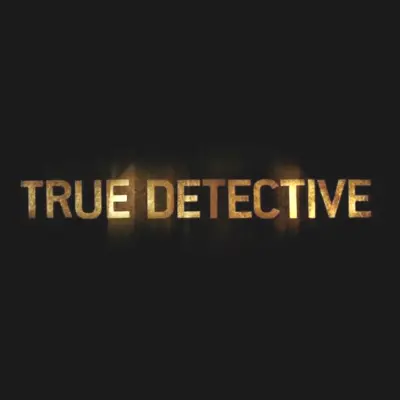True Detective returns to form in Season 3, for better or worse
-

With Mahershala Ali in the lead, "the new story is blatantly structured as a kind of 'Pizzolatto Plays Season One’s Greatest Hits' album," Alan Sepinwall says of the Nic Pizzolatto creation. "There’s a brilliant-but-tortured investigator played by a great actor coming off an Oscar-winning performance. The mystery spans three eras and features the main characters being interviewed in the later periods about what happened years earlier. The killer even leaves primitive sculptures made of natural materials (sticks then, corn husks now) near the victims’ bodies. It’s as if Pizzolatto wants us to block out all memory of the disastrous second season with Colin Farrell and Vince Vaughn and recall only the mostly beloved debut year with Matthew McConaughey and Woody Harrelson. It’s a sensible, if somewhat cynical, choice. Season Two played as Pizzolatto’s response to the criticisms of Season One, with a bigger and more complicated plot, more main characters, more prominent female characters and all the other things people said the McConaughey/Harrelson iteration was lacking in the wake of an underwhelming finale. But it turned out his initial creative instincts were the right ones — for him, at least." Noting that Season 3 is less visually impressive, Sepinwall adds: "Ultimately, the franchise’s most important creative voice has turned out not to be Pizzolatto, nor any of his famous stars, but Cary Joji Fukunaga. He directed all of Season One and infused what was, in hindsight, a very thin story with such stunning, unsettling imagery that it all felt deeper than it turned out to be."
ALSO:
- Mahershala Ali’s performance is an example of what the show can be, but the third season as a whole remains as a disappointing reminder of what was
- It's 2019's first pleasant small-screen surprise: True Detective springs, sprightly and with confident assurance, from a years-long absence
- Season 3 doesn't answer the nagging, fundamental question about True Detective: What is it, exactly?
- Season 3 is marginally better than Season 1, and feels like a barely warmed over cold case
- In 2019, True Detective is just another very good Peak TV show -- it seemingly by design lacks the swing-for-the-fences excess of Season 1
- Yes, Season 3 is a lot like Season 1, but Ali manages to outdo Matthew McConaughey
- True Detective’s third season fares best as a story of basic human connection and failure: broken communication, lost identities
- Season 3 seems purposefully less complex, edited to make sure that viewers can easily follow the timeline-spanning saga
- Season 3 tries a more staid approach: there’s very occasional onscreen violence, no gratuitous sex and far less menace
- Season 1 told us time is a flat circle, and Season 3 proves it be being overly reminiscent of the first season
- What’s remarkable is how Ali elevates the material without much help from the scripts
- Nic Pizzolatto's struggle with female characters remains a point of real frustration
- Why did it take 3-and-half years for True Detective to return for a third season?
- Ali discusses his personal connection to his True Detective character
- Pizzolatto was constantly "blown away" by Ali's performance
TOPICS: True Detective, HBO, Cary Fukunaga, Mahershala Ali, Nic Pizzolatto
More True Detective on Primetimer:- 'I never saw myself as sexy": Alexandra Daddario opens up about receiving bold roles, on-screen nudity, and more
- True Detective: Night Country Just Turned the Corner Into Full-Blown Horror
- A Decade Ago, Low Winter Sun Pushed Prestige TV Too Far
- Happy Valley Set the Standard for the Modern Mystery Drama
